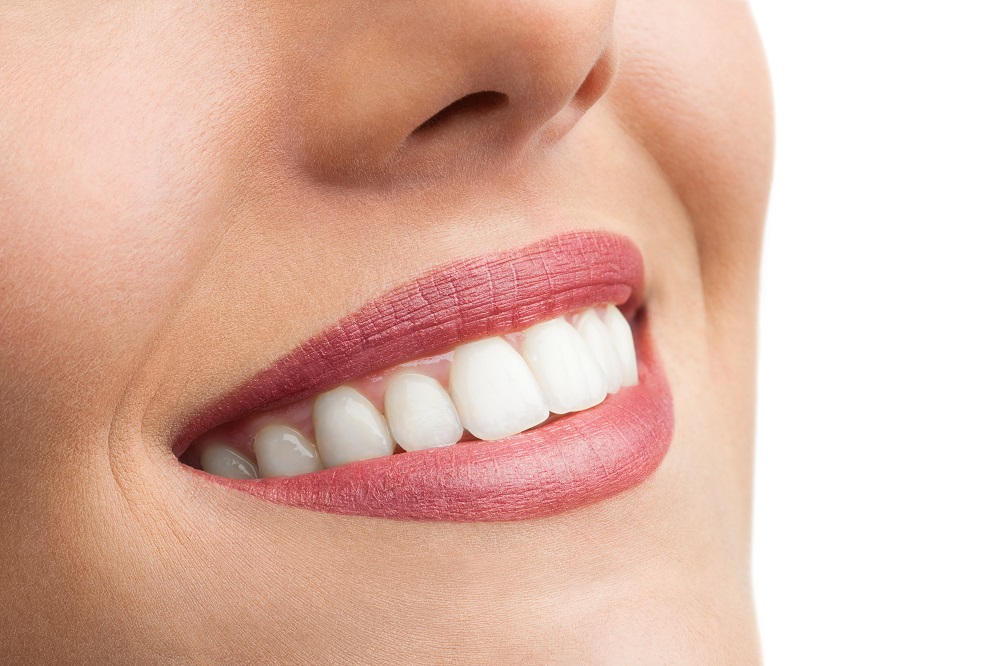Considering how many times your dentist has spoken with you on the subject, chances are that you understand the basic idea of what good oral health means–a mouth that has optimal structure and function, is free from disease, and is comfortable and pleasant-looking. You may even understand some of the critical components to establishing and maintaining good oral health, starting with twice daily brushing, once daily flossing and regular dental examinations and cleanings. This is all well and true, but what you may not know is that your saliva is another critical component to establishing and maintaining good oral health. So critical, in fact, that reduced or non-existent saliva is a condition that should be treated with urgency and thoroughness.
The Magic of Saliva
Saliva is actually fairly complex, being composed not only of water and mucus, but also proteins, minerals and the enzyme amylase. Salivary glands near the cheeks, lips, tongue and other areas of the mouth produce saliva, and one of their jobs is to ensure that the mouth never becomes dry due to lack of sufficient saliva.
You may notice that more saliva is produced when you think about, smell or eat food. It is therefore quite fitting that saliva helps you to break down and digest your food. The amylase in your saliva is responsible for breaking down food in your mouth, beyond what you can achieve simply through chewing your food. Your saliva also makes your food wet and soft so that it can pass more easily down your esophagus and into your stomach. But saliva does much, much more.
Saliva is loaded with antimicrobial agents that work to fight against and kill harmful oral bacteria. Mucus helps saliva to coat your teeth so that they are better protected against the bacteria that would seek to harm them. Furthermore, saliva acts as a sort of rinsing agent to wash away small particles of leftover food that can also accumulate and lead to tooth decay if left unhandled. Even more amazing is the fact that saliva can work to neutralize acids in the mouth caused by food and beverages, and the minerals in saliva can help to rebuild the protective enamel coating on your teeth.
Without Saliva
There are many different things that can reduce or eliminate your ability to produce sufficient amounts of saliva, either temporarily or more long-term. Individuals who suffer from xerostomia, or dry mouth, simply don’t produce sufficient saliva. Individuals who suffer from certain health conditions, like diabetes, can also suffer from insufficient saliva production. Additionally, cancer treatments and some types of medications can contribute to dry mouth. Unfortunately, this is not only uncomfortable but it can also lead to oral health problems, such as gum disease and tooth decay, due to excessive bacteria and acidity in the mouth.
In order to address and resolve dry mouth and insufficient saliva production, your dentist will recommend that you:
- Drink recommended quantities of water every day in order to remain hydrated. This can help to improve saliva production.
- Maintain good oral hygiene habits, including brushing your teeth twice a day with a fluoridated toothpaste, flossing once a day and visiting your dentist every six months for examinations and cleanings.
- Rinse your mouth at least once a day with a fluoridated mouth rinse to help eliminate bacteria and leftover food particles that may have been missed with brushing and flossing.
- Chew sugar-free gum after meals to help increase natural saliva production.
- Avoid the consumption of salty, spicy or acidic foods that dry out your mouth.
- Confirm with your doctor whether you are taking medication that causes dry mouth, and find out if there may be a better alternative that does not cause this condition.
For more information about the importance of maintaining good saliva production, contact Dr. Saferin today.


